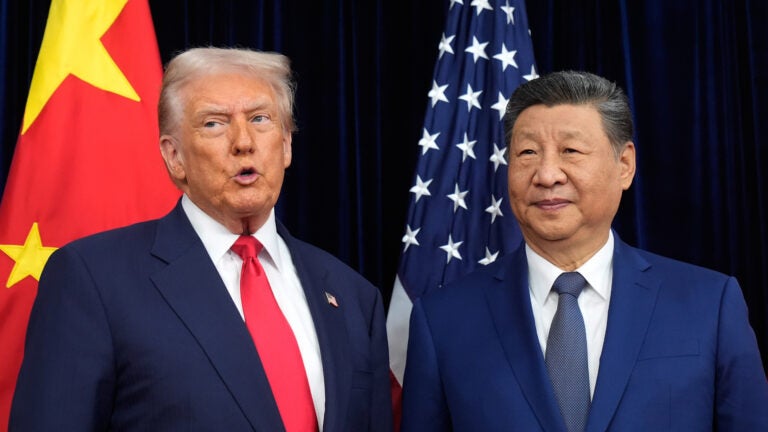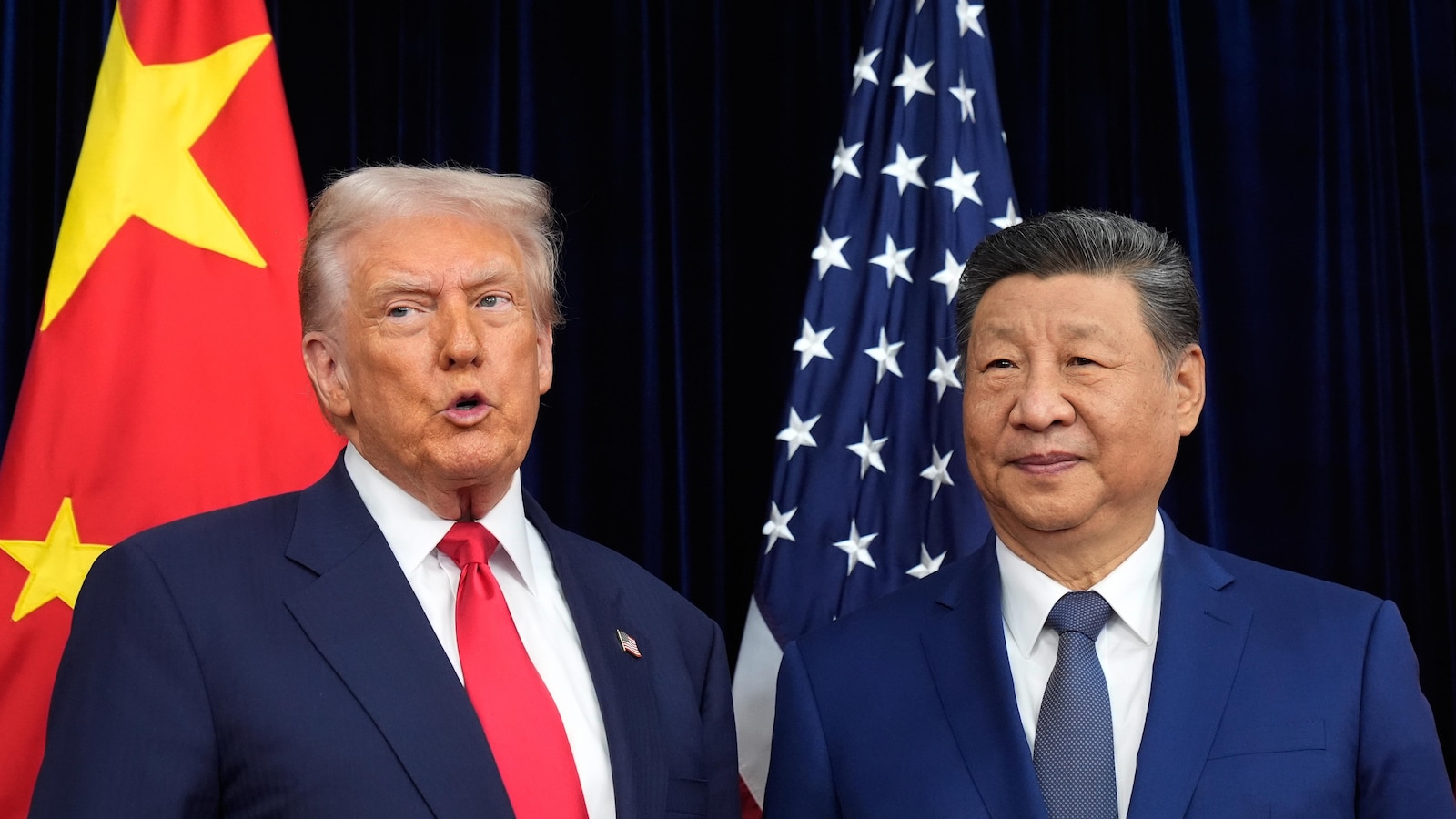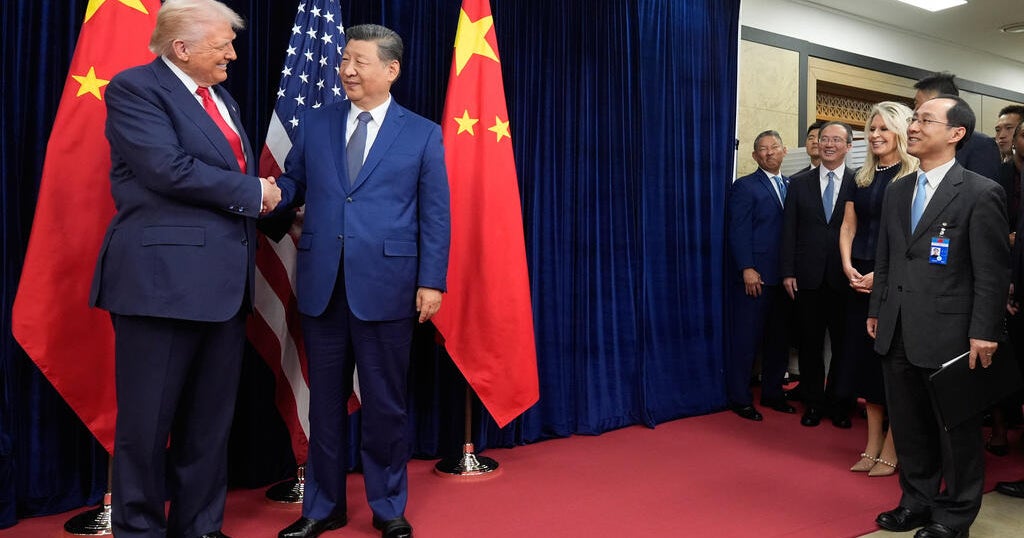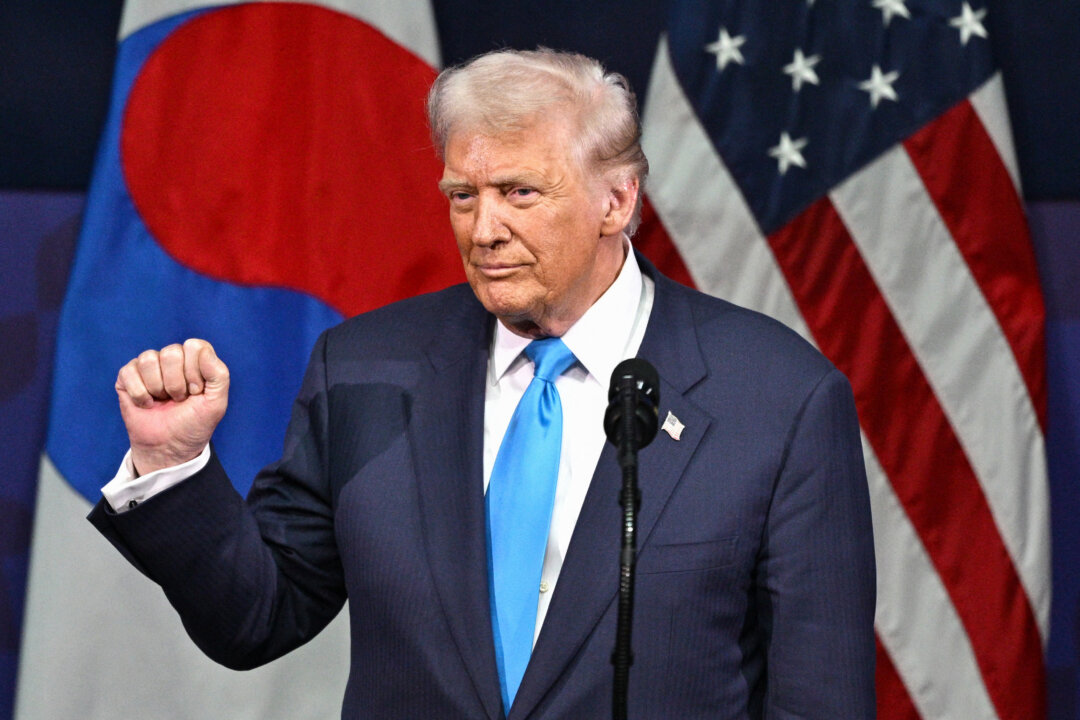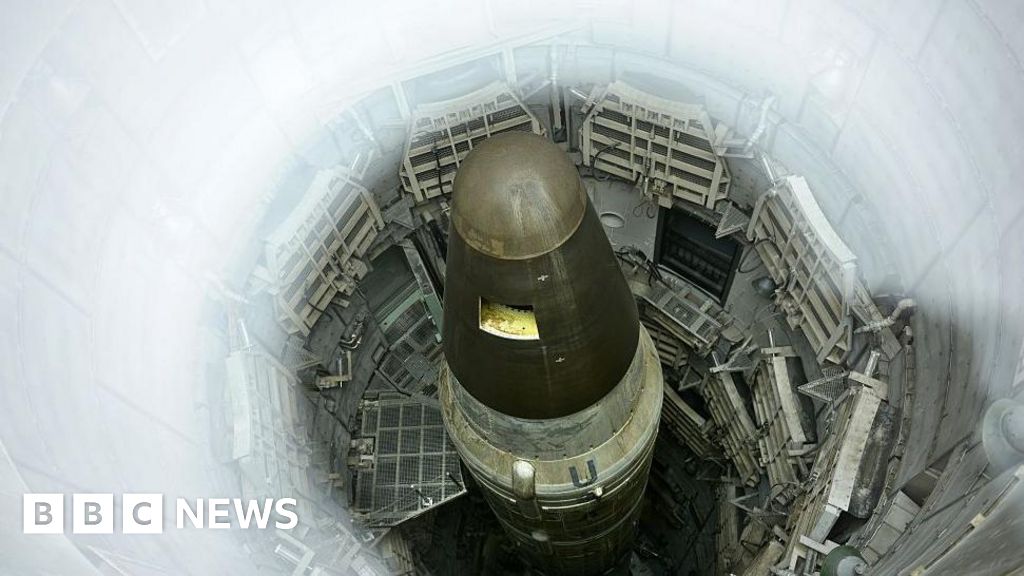Trump Proposes Resumption of U.S. Nuclear Weapons Testing After 30 Years
President Trump announced plans to resume U.S. nuclear weapons testing, citing global threats and escalating arms competition, amid rising tensions with China and Russia.
Overview
- President Trump announced the U.S. will resume nuclear weapons testing for the first time since 1992, potentially igniting a new arms race.
- The U.S. has maintained a moratorium on nuclear tests since 1992, but regularly tests missile systems capable of delivering nuclear warheads.
- China's nuclear stockpile has increased to 410 warheads in 2023, while the U.S. possesses the largest arsenal with 3,748 warheads.
- The U.S. signed the Comprehensive Nuclear-Test-Ban Treaty in 1996 but has never ratified it, with only North Korea not observing the treaty among nuclear nations.
- Critics, including nonproliferation experts and survivors of atomic bombings, warn that resuming tests could destabilize global security and escalate tensions.
Report issue

Read both sides in 5 minutes each day
Analysis
Center-leaning sources cover this story neutrally, focusing on reporting President Trump's announcement while immediately clarifying its ambiguity. They provide essential historical context on nuclear testing by various nations and include diverse reactions from international bodies, arms control experts, and other governments. This balanced approach, coupled with cautious language, avoids editorial framing.
Articles (18)
Center (6)
FAQ
President Trump cited global threats and escalating arms competition, particularly amid rising tensions with China and Russia, as reasons to resume nuclear weapons testing.
Since 1992, the U.S. has maintained a unilateral moratorium on full-scale nuclear weapons testing and has relied on subcritical experiments to ensure the safety and reliability of its nuclear stockpile without conducting full-scale tests.
As of 2023, China has increased its nuclear warheads to approximately 410, while the United States possesses the largest arsenal with about 3,748 warheads.
The United States signed the Comprehensive Nuclear-Test-Ban Treaty (CTBT) in 1996 but has not ratified it. Only North Korea among nuclear nations does not observe this treaty.
Critics, including nonproliferation experts and survivors of atomic bombings, warn that resuming nuclear tests could destabilize global security, increase tensions, and potentially ignite a new arms race.
History
- 4h

 14 articles
14 articles
